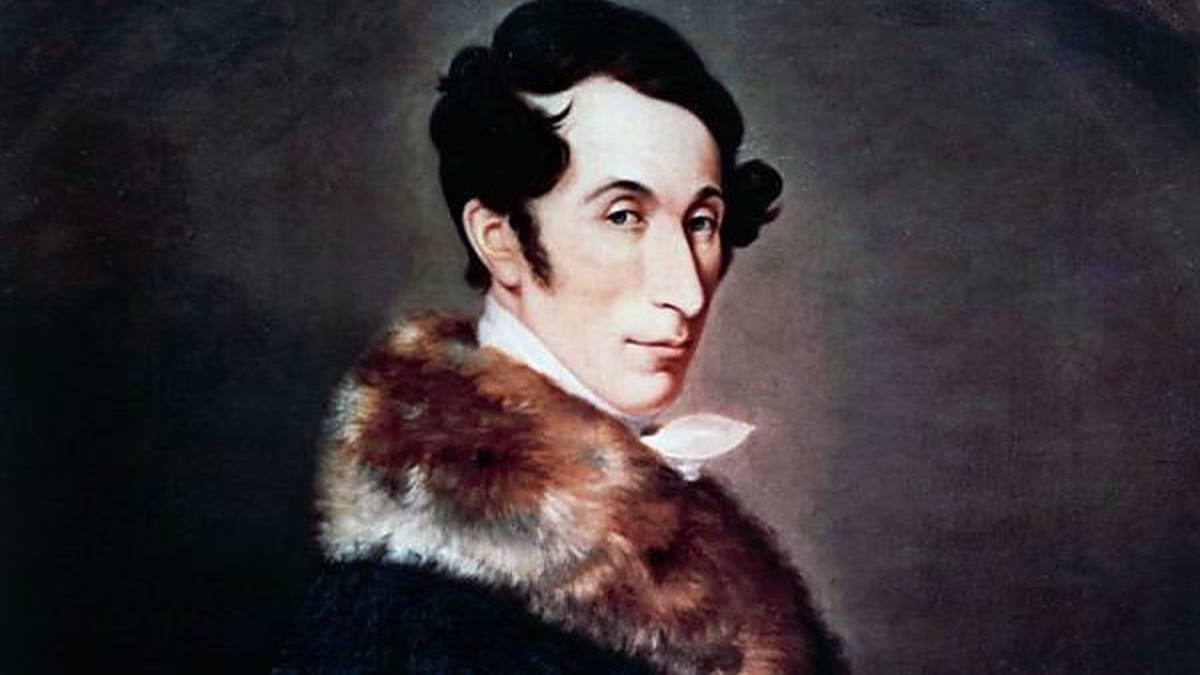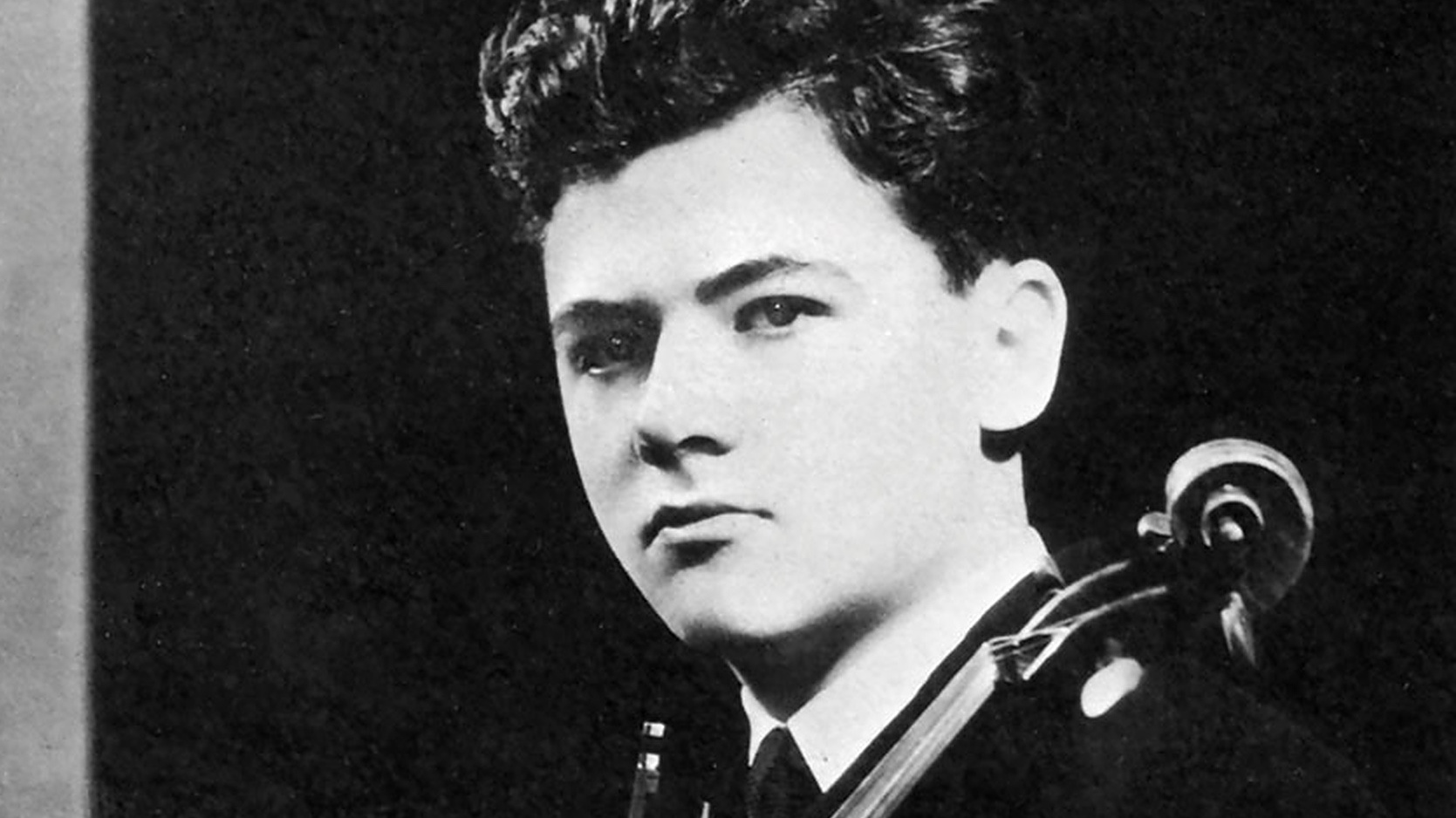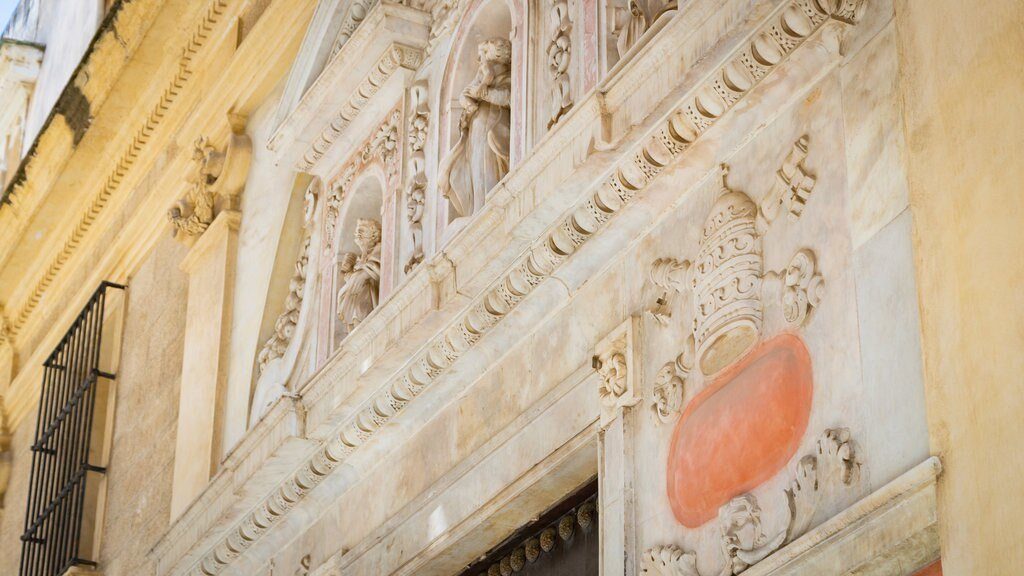Three English Phantasies: Music of Vaughan Williams, Purcell, and Britten
The fantasia is a genre which spans more than four hundred years of English music. It flowered in the Renaissance and Baroque periods, with the viol consort music of composers such as William Byrd, John Jenkins, and Henry Purcell. Emerging from the word fancy, these compositions are free in form and feature an intricate, polyphonic dialogue between instruments. A predecessor to sonata form, the fantasia grew out of madrigals and vocal motets. Twentieth …






